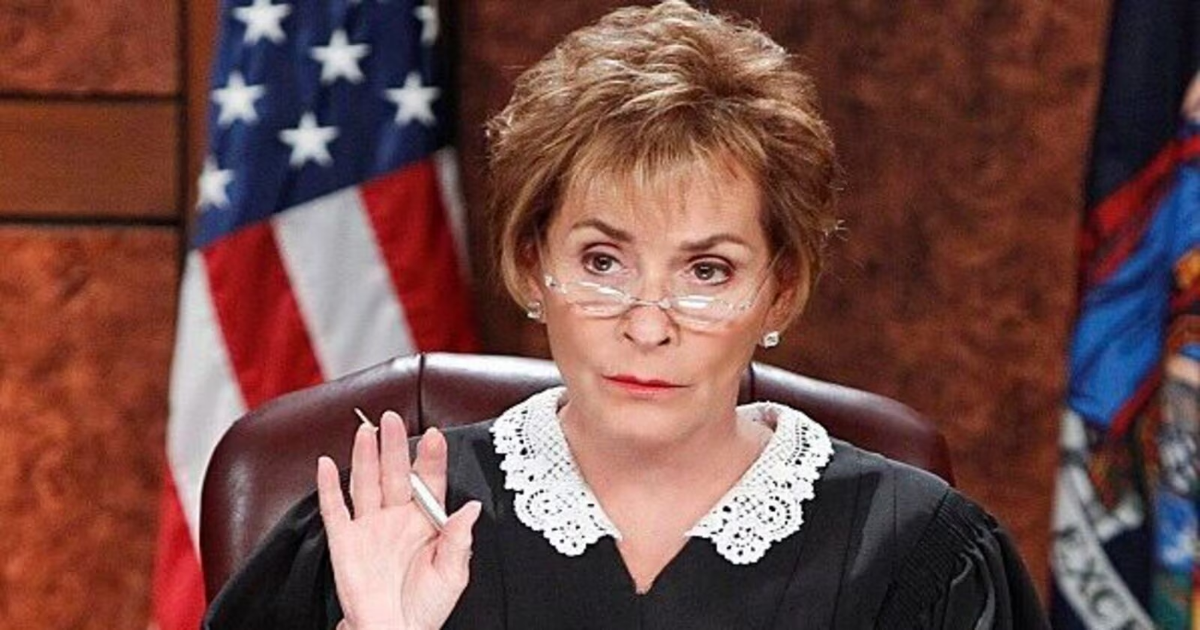Long before she became a household name, Judith Sheindlin was already shaking up the justice system. Better known by her courtroom alias, Judge Judy, Sheindlin transformed the legal television genre with her no-nonsense approach and sharp wit, serving justice from the bench—first in family court, and later, in millions of living rooms across the globe.
Judge Judy made her television debut in 1996 after a 60 Minutes segment catapulted her into the public eye. At the time, she was known for her stern demeanour and zero tolerance for nonsense in Manhattan’s family court. Originally appointed as a judge in 1982 by Mayor Ed Koch, she became supervising judge just four years later, overseeing emotionally charged cases involving child abuse, domestic violence, and juvenile crime.
After more than two decades on the bench, she stepped into the spotlight with ‘Judge Judy’, an arbitration-based court show that would span 25 seasons. Though the programme was not an actual courtroom proceeding, Sheindlin did resolve real disputes as an arbitrator — a role that allowed her more flexibility than a traditional judge. She wasn’t bound by the rules of civil procedure or evidence, which only added to the show’s brisk and often explosive drama.
Sheindlin’s legal journey began in the early 1960s, when she became the only woman in her law class at American University’s Washington College of Law. She then transferred to New York Law School, graduating with a juris doctorate in 1965.
Her career trajectory defied expectations from the start: from cosmetics law to prosecution of violent crimes, she never shied away from uncharted territory. Her transition from legal anonymity to public figure was not planned—but it was earned.
With multiple Daytime Emmy Awards to her name, and a Lifetime Achievement Emmy in 2019, Sheindlin’s influence on both the judiciary and entertainment worlds is undeniable.
‘Judge Judy’ and its successor, ‘Judy Justice’, may be television shows, but the disputes are very real. The production team—according to long-time executive producer Randy Douthitt—scours court records across the U.S., thanks to the Freedom of Information Act. These cases are then pitched to the parties involved, who agree to have their matter settled by Sheindlin in a televised format.
Douthitt noted that producers look for disputes with personal stakes and emotional tension—”a bit of a mini soap opera”—to captivate the audience. And yet, the decisions rendered on these shows are binding legal outcomes, making Sheindlin’s arbitration a real form of alternative dispute resolution, albeit dramatised for television.
Her latest venture, ‘Justice on Trial’, revisits controversial past cases with expert commentary and dramatic reenactments, further blurring the line between entertainment and serious legal critique.
Beyond her television empire, Sheindlin has left an indelible mark on the legal education landscape. Since 2022, she has donated $5 million annually to fund full scholarships for ten women at New York Law School, covering tuition, books, and summer fellowships. It’s a powerful gesture that echoes her own early struggles and achievements in a male-dominated legal environment.
Her commitment to uplifting the next generation of female lawyers speaks to a broader legacy—one that transcends television ratings and legal drama.
